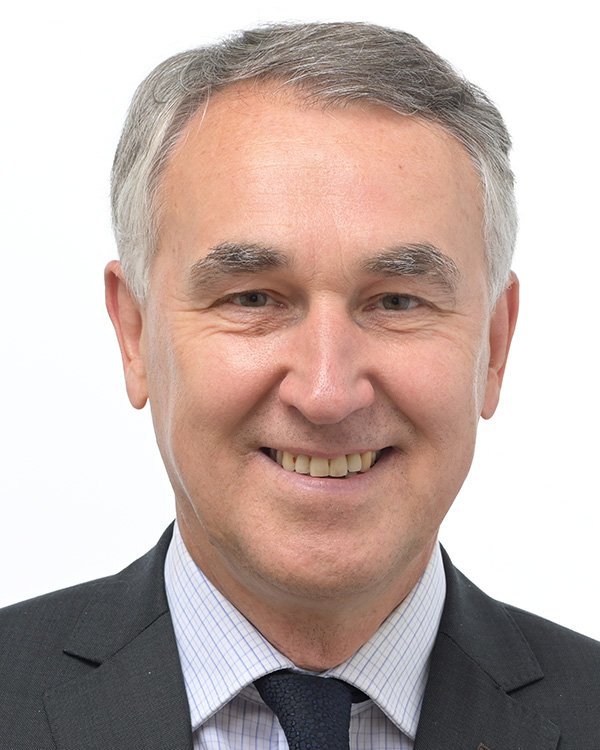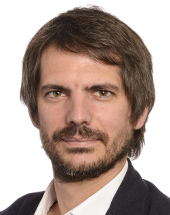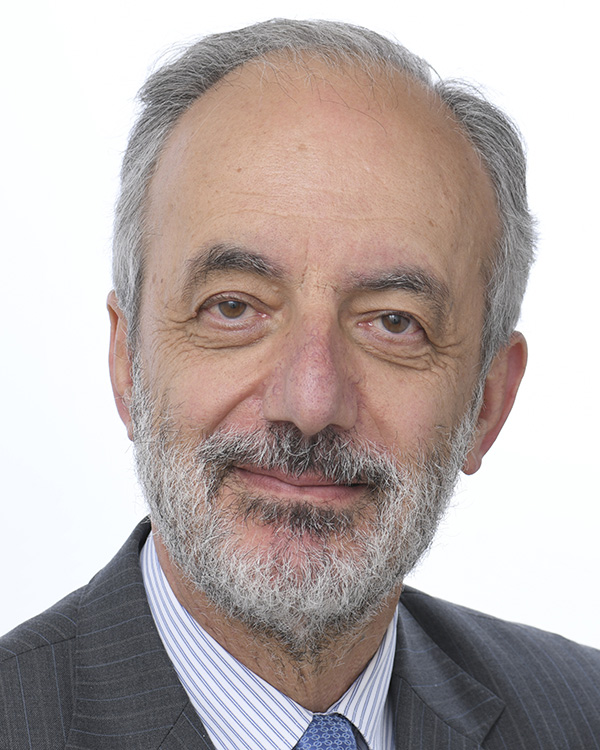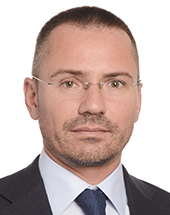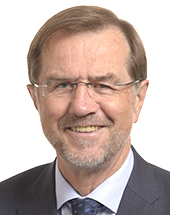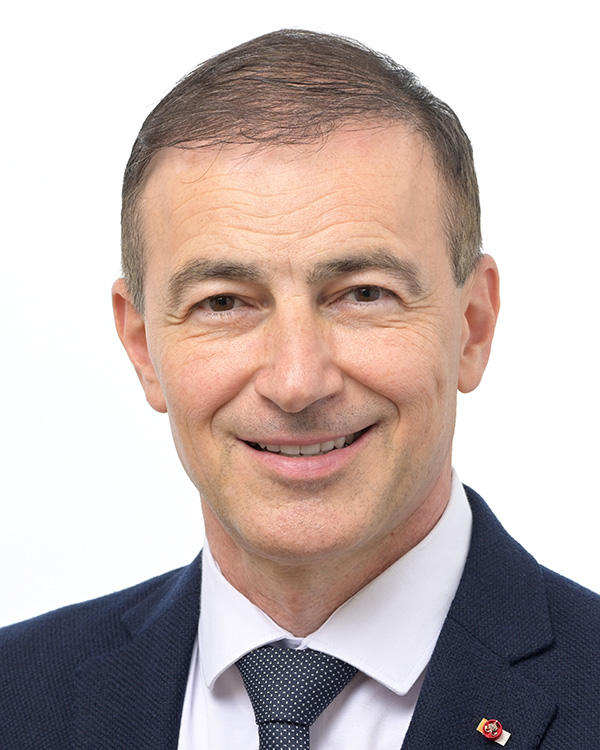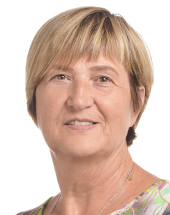
Choisissez la langue de votre document :
- bg - български
- es - español
- cs - čeština
- da - dansk
- de - Deutsch
- et - eesti keel
- el - ελληνικά
- en - English
- fr - français
- ga - Gaeilge
- hr - hrvatski
- it - italiano
- lv - latviešu valoda
- lt - lietuvių kalba
- hu - magyar
- mt - Malti
- nl - Nederlands
- pl - polski
- pt - português
- ro - română
- sk - slovenčina
- sl - slovenščina
- fi - suomi
- sv - svenska
|
| Procedūra : 2015/2002(INI) |
| Dokumenta lietošanas cikls : A8-0194/2015 | ||||||
Iesniegtie teksti : A8-0194/2015 | Debates : PV 08/07/2015 - 16CRE 08/07/2015 - 16 | Balsojumi : PV 09/07/2015 - 12.8CRE 09/07/2015 - 12.8 Balsojumu skaidrojumi | Pieņemtie teksti : P8_TA(2015)0272 | |||
| Debašu stenogramma | |
| Trešdiena, 2015. gada 8. jūlijs - Strasbūra |
|
| Juridisks paziņojums - Privātuma politika |







